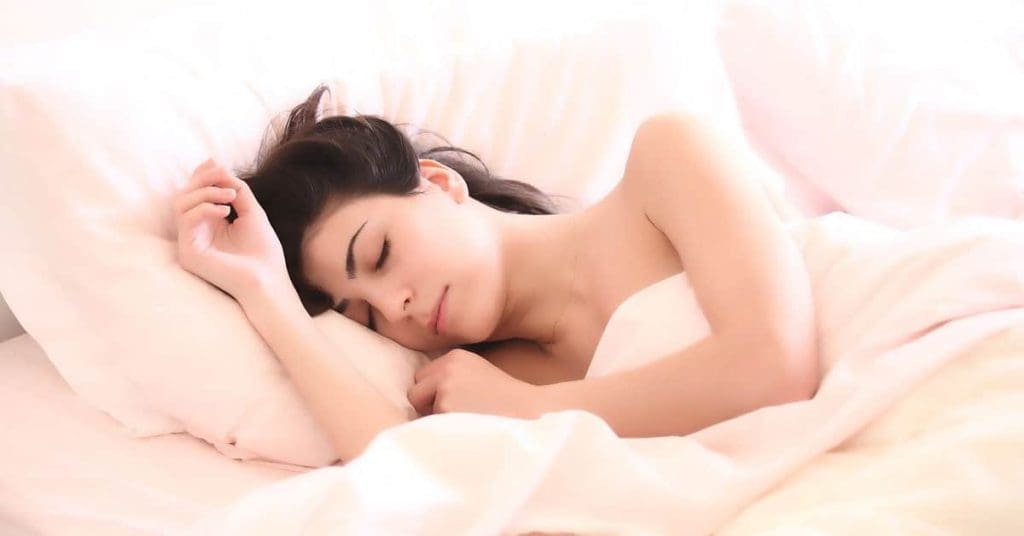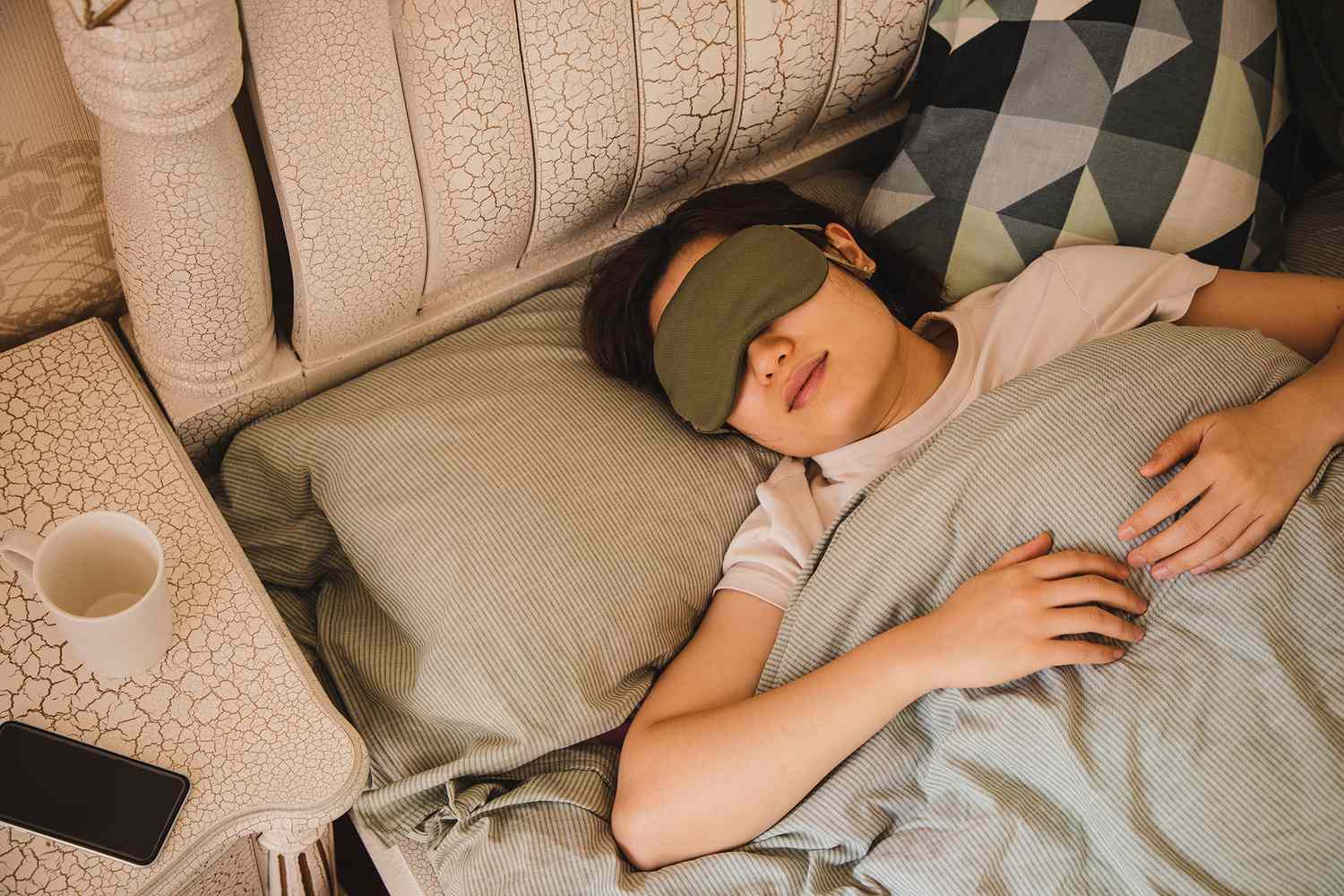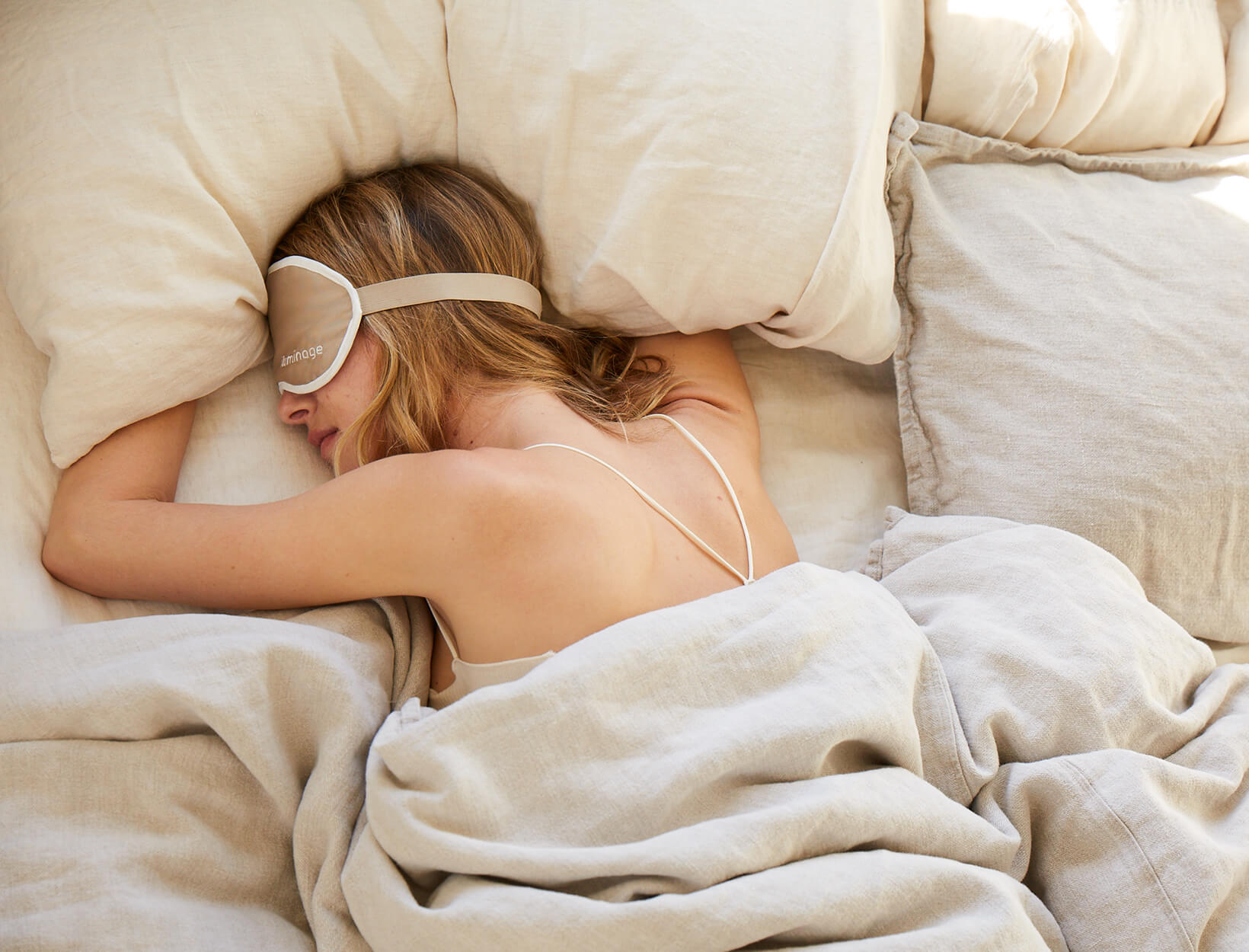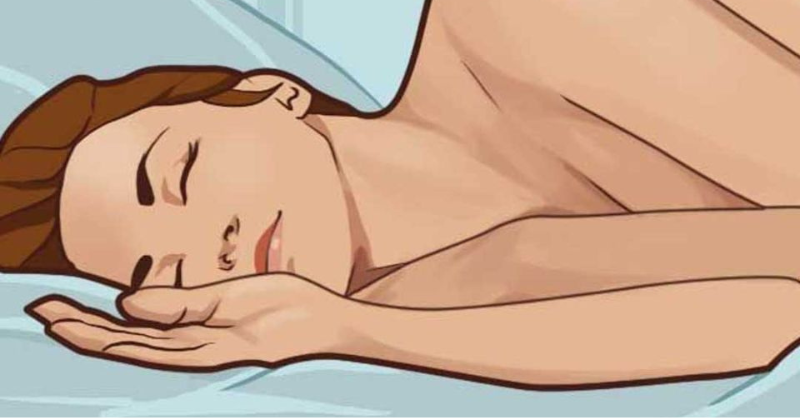In recent years, the topic of sleeping naked has gained attention as more people look to optimize their health and well-being. With a growing interest in minimalist lifestyles and natural living, going to bed without pajamas is a simple change that can lead to multiple health benefits.
Although it may not be for everyone, understanding why people choose to sleep naked can help you decide if it’s the right choice for you.

The Physiology of Sleeping Naked and Body Temperature Regulation
Sleeping naked can help maintain body temperature, which is essential for overall health and quality of sleep. When you sleep, your body undergoes processes like thermoregulation, adjusting your core temperature to improve sleep cycles. By shedding clothes, you prevent overheating, allowing your body to stay cool and comfortable. This optimal temperature regulation can help you fall asleep faster and experience deeper sleep.
Impact on Sleep Quality and Sleep Cycles
Research shows that sleeping naked can enhance sleep quality by promoting deeper, more restorative sleep cycles. Without constrictive clothing, you eliminate sources of discomfort that can disrupt rapid eye movement (REM) sleep. The absence of tight garments allows for unrestricted movement through sleep cycles, resulting in a more restful night’s sleep and improved daytime alertness.

The Connection Between Sleeping Naked and Skin Health
Your skin needs to breathe, and sleeping naked can improve skin health by increasing airflow and reducing moisture buildup. This can prevent skin conditions like acne, as your pores have the opportunity to open up and expel impurities naturally. Additionally, improved air circulation can reduce the risk of fungal infections, as damp, warm environments foster bacterial growth.
Effects on Metabolism and Weight Regulation
There are indirect benefits of sleeping naked on metabolism due to its positive effects on sleep. Improved sleep quality contributes to better metabolic function, assisting in healthy weight regulation. A well-regulated sleep cycle optimizes the balance of hunger hormones like leptin and ghrelin, reducing midnight cravings and promoting better dietary choices.

Influence on Reproductive Health and Fertility
For men, sleeping naked can enhance reproductive health by preventing overheating of the testicles, which is crucial for optimal sperm production and fertility. For both men and women, reducing body heat in the pelvic area can lead to improved reproductive organ function. Air circulation can also help prevent yeast infections and other discomforts.
Psychological and Emotional Benefits
The emotional benefits of sleeping naked are linked to increased comfort and confidence. The feeling of freedom and lack of restriction can boost self-esteem and body image. Sleeping unclothed also encourages a deeper connection with one’s own body, promoting self-acceptance. Couple that with improved sleep quality, and it can also lead to reduced stress and anxiety levels.

Considerations for Different Climates and Personal Preferences
While sleeping naked offers numerous benefits, it’s important to consider personal comfort and climate. In colder climates, it may be necessary to ensure bedding provides adequate warmth to prevent discomfort. Conversely, in hot and humid environments, sleeping without clothes can be advantageous. Personal preference should also guide the decision, as not everyone may feel comfortable or secure sleeping naked.
Potential Drawbacks and Situational Limitations
Despite the benefits, there are potential drawbacks to sleeping naked. Situations such as sharing a space with roommates, children, or unexpected emergencies may make sleeping without clothes impractical. Skin allergies or sensitivities to bedding materials may also cause discomfort. Individuals should balance the benefits with practical considerations and personal comfort.

Conclusion: Weighing the Pros and Cons of Sleeping Naked
Sleeping naked is a personal choice that can offer surprising health and wellness benefits. From improved temperature regulation and sleep quality to enhanced skin health and psychological well-being, many factors favor this lifestyle choice. However, it may not suit everyone’s needs or living conditions. Ultimately, the decision should be based on personal comfort, practical considerations, and individual health goals.

